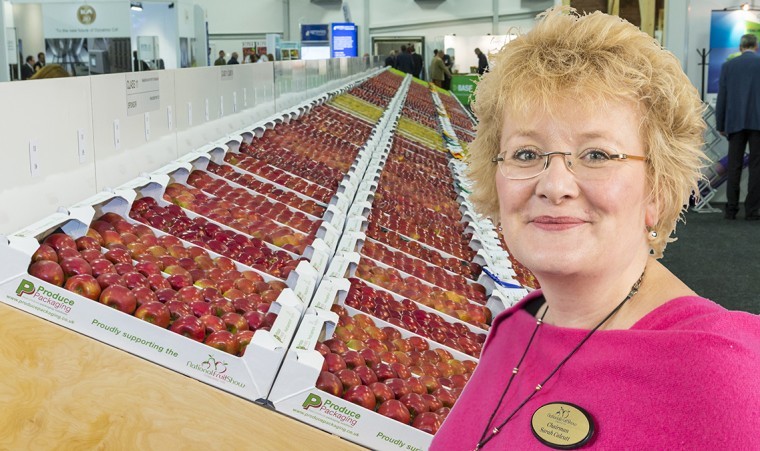At the recent Goudhurst and Paddock Wood orchard competition (congratulations to George Chambers and the team at Northiam Farm) Chris Hartfield, NFU chief horticultural adviser, was on hand to brief growers on what has happened since the referendum.
Though progress isn’t really apparent, the NFU have been very active in lobbying, shaping agreements on key issues and preparing for the “longest conversation with their membership ever,” said Chris. They are looking to a vision for the future, focussed on some key areas.
Profit and product delivering food security for the UK from a secure and profitable production base is key. The NFU council have been looking into the issues around labour, market access, support streams and international trade. Labour has risen to the top of the list and there is an urgent need for a scheme that will clarify the position with regards to access to labour.
It seems likely at the moment that we will have a more restrictive immigration programme. There are already sourcing issues – and ignore anyone who thinks that a return to the seasonal agricultural workers scheme and student labour is the way to go. There aren’t enough students to fill our vacancies anymore, and this isn’t just a seasonal labour issue. There is in existence a points based system which is focussed on the higher skilled group and there is a lower skilled tier to the policy that hasn’t been switched on. This would seem a simpler, though potentially laborious, solution.
Trade and producer organisations – well the UK has a massive trade deficit which does offer a big opportunity for growers (have you booked your preparing to export consultation at the National Fruit Show?) Whatever the trade deal looks like going forward, the recent announcement that existing Producer Organisation programmes and CAP payments will be honoured until 2020 came as a huge relief to many. The NFU are discussing several elements which capital tax allowances for investment, increased research – both applied and pure, plant health regulations that compliment Europe, harmonisation of product approvals, much detail is being placed in front of Whitehall leaders hoping to build a more sustainable future for British Farming. There are several elements being discussed including capital tax allowances for investment, increased research – both applied and pure – plant health regulations that compliment European harmonisation of product approvals.
But what do we want when article 50 is invoked and we begin the serious period of negotiation into what our position will be with our neighbours? The issue around free movement of labour and trade will become key negotiating positions. Looking at the position of Norway, the free movement of people and trade are linked. Will we be paying into the EU with no say as they and the Swiss do?
Whatever we do end up with it has to be at a level to enable us to compete with the supported products coming our way. The World Trade Organisation would be our default position and we would have free trade and the benefits of everything we need still coming in and be able to export within the tariff programme. We would need export rules that are fit for the destination nation coupled with something like the United States IR4 plant protection improvement protocol.
With plant health we have opportunities to strengthen our position. To enable supply into the UK we need free trade, though there is a big question over the UK authorities’ ability to form this bespoke UK position. The NFU is concerned about the capacity of DEFRA to be able to draft this legislation. There are great people in the directorate but the recent downsizing of the staff in Whitehall has left some of them seriously over stretched.
And – are we starting EU reform? If there was reform might the UK U-turn? In Chris’ opinion, nothing is off the table and with our politics at the moment anything could happen!




